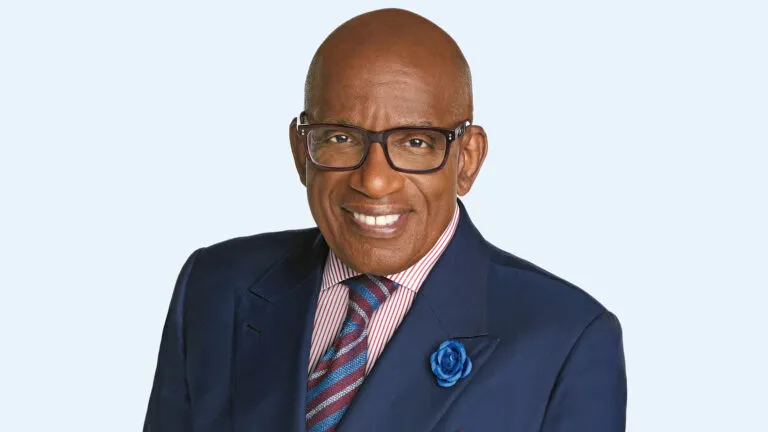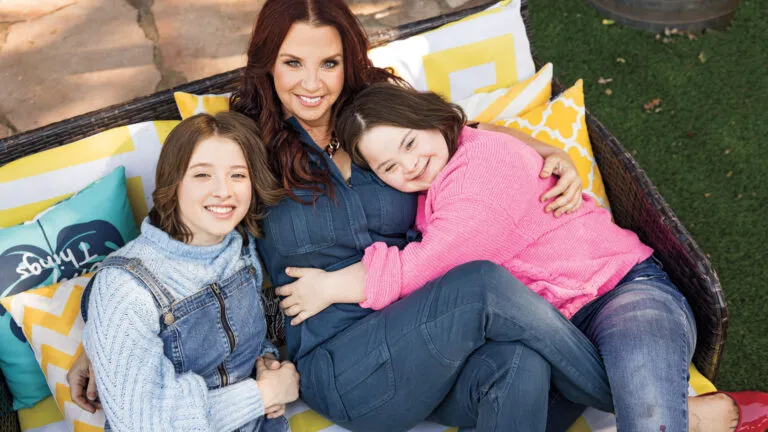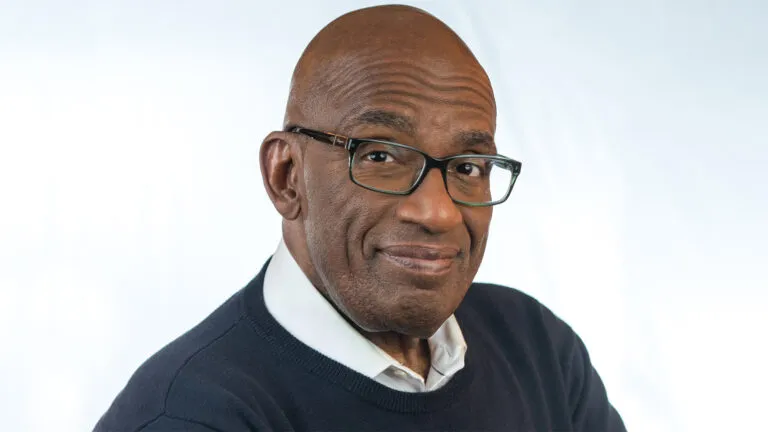People love a good underdog story and movie producer David Hoberman is hoping that holds true for his new film, Wonder.
The movie, based off the best-selling book by author R.J. Palacio, stars Julia Roberts and Owen Wilson as well-meaning parents of a special little boy named Auggie (Jacob Tremblay). Auggie is sweet, sensitive, with a powerful imagination and a good heart. He also happens to have a facial deformity that forces him to face bullies at school and fight to teach others that beauty is on the inside.
For Hoberman, who’s given us films like this year’s Stronger about Boston Marathon bombing survivor Jeff Bauman and the live-action Beauty and the Beast, movies about people who triumph over adversity hold special meaning.
Guideposts chatted with the producer about how film can teach powerful lessons and how he convinced Julia Roberts to do another movie.
GUIDEPOSTS: What about this story convinced you it would work as a film?
David Hoberman: We’ve made a lot of underdog movies. I’m always fascinated by that and I’m always interested in stories that put people through difficult times and they come out sort of heroic and win the day at the end.
GUIDEPOSTS: What did you identify with in the story of Auggie and what did you want to bring to the screen?
DH: What jumped out at me is what R.J. Palacio managed to do — take this microcosm in this book where you show a dog dying, you show divorce, you show alcoholism, you show the rich, you show the poor, you show bullying. She managed to, in this one sort of neighborhood and school that she created, give you an enormous amount of different perspective through her characters. Those are, I think, perspectives that everybody can relate to.
GUIDEPOSTS: How do you guys walk that line between the sweet and sentimental and a movie that has layers and has a deeper message?
DH: Well, that’s always the trick. Take Beauty and the Beast, we wanted everybody to see that movie, but it doesn’t talk down to kids. You don’t want to talk down to the younger audience, and yet you need to make sure that adults and parents can be entertained as well. I really do believe this is a movie for everybody. I certainly believe it’s a movie for adults, so that adults can have the conversation with their kids of tolerance and compassion, and choosing kind[ness]. I think this is a movie that has life lessons in it for everybody.
GUIDEPOSTS: How did you guys get Julia Roberts on board?
DH: I made Pretty Woman with Julia in 1990. We’ve gone to Julia through the years on at least half a dozen projects, none of which she wanted to do. So one day, the book has been out about a year and I get a call from Julia’s agent, saying, ‘Julia wants to be in your movie, Wonder.’ She had read the book to her kids and it touched her. She felt it was something she wanted to be part of.
So we had lunch, we reminisced a lot about Pretty Woman. She said, ‘I want to play Auggie’s mom.’ We said, ‘Great, we want you to play Auggie’s mom.’ It wasn’t immediate. She stayed with this for four years while we got the script right, while we got the right director, and then she cleared her schedule so she could do it. That whole chain of events doesn’t happen in Hollywood.
GUIDEPOSTS: How can films push across a message of inclusivity and tolerance and all those good things we should be practicing?
DH: Well, I think that’s why this book, which started out as nothing, ultimately was on the best-seller list and now is being read in schools all over the country. I’m hopeful that our film does the same thing, that it touches and reaches an unexpected amount of people. Because for me, the more people that see this film, the more chance we have of people changing, and people becoming tolerant, choosing kind[ness], and being compassionate towards other people regardless of race, creed, color, face, soul, deformity, mental illness, you name it.
You know, when we did Beauty and the Beast, I can’t tell you the amount of discussions that went into Belle and giving her quality and giving her the character traits that young girls would want to aspire to. You know, that movie was the most profitable movie of this year. I’d like to think that we touched a lot of young girls and gave them a role model. That’s the beauty of film, but people have to see it in order for that message to get out.






